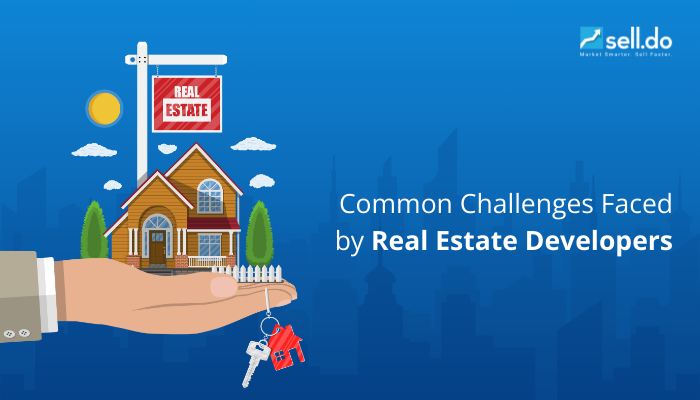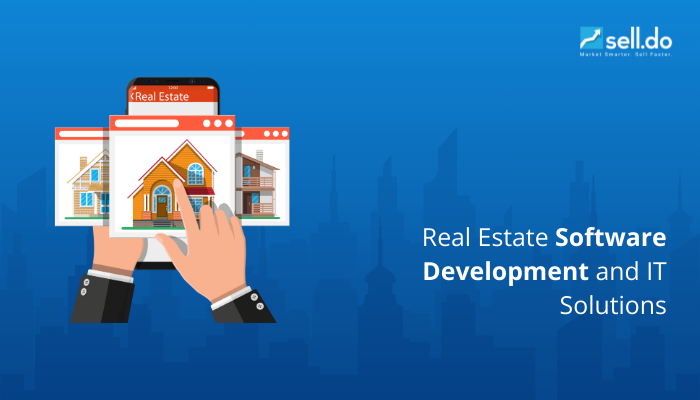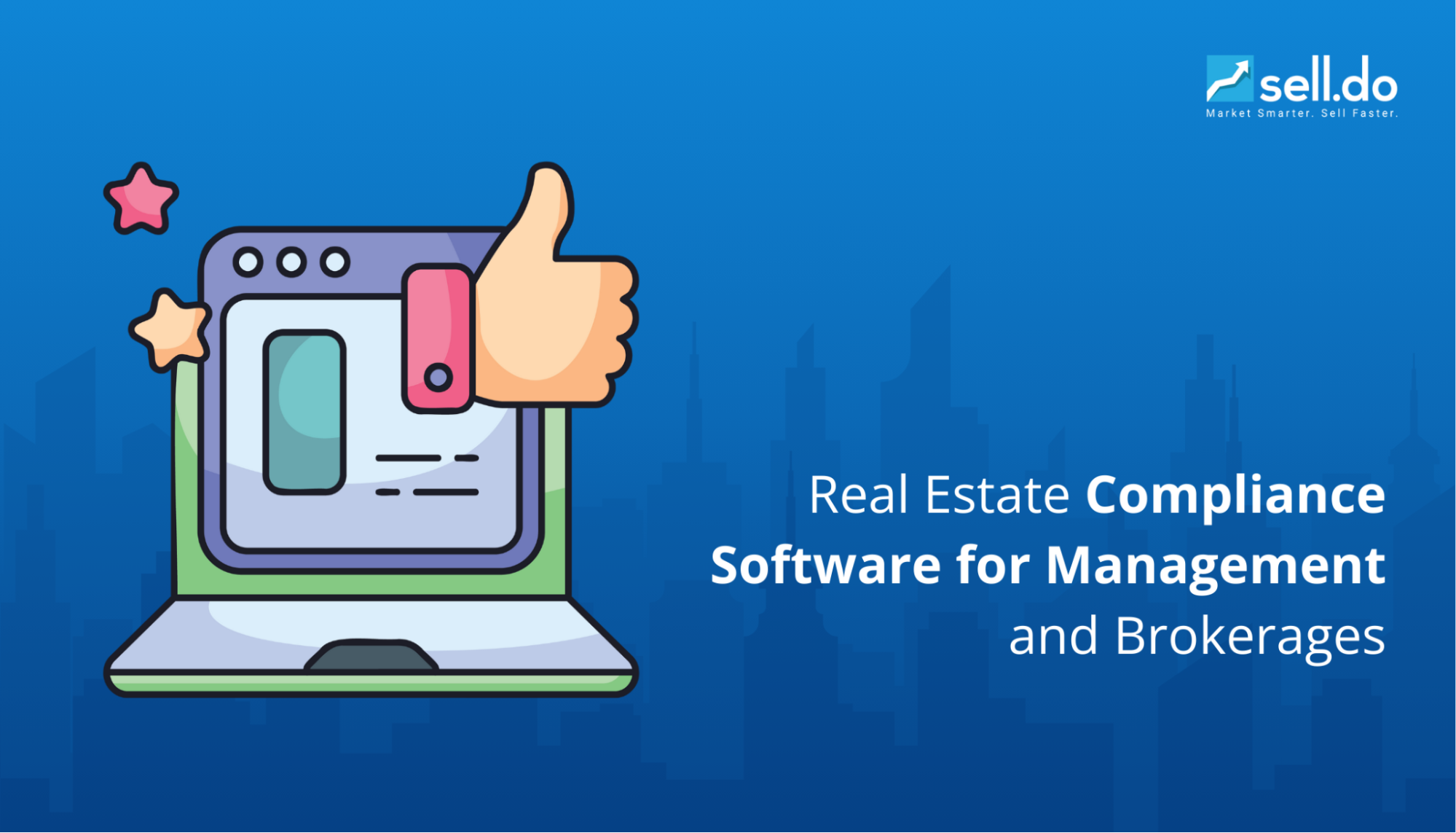Real estate development is a complex process that demands strategic planning, resource management, and precise execution. As projects grow in scale and scope, developers face a range of challenges that can affect their budget and overall project success.
These challenges can significantly impact the outcome of a project if not addressed proactively. From regulatory hurdles to market fluctuations, each stage presents its own set of issues that require thoughtful solutions.
Understanding these challenges is crucial for staying ahead in the industry. In this blog, we’ll explore the most common challenges faced by real estate developers and discuss how addressing them effectively can lead to more successful projects.
8 Major Challenges Faced By Real Estate Developers

Below are the major challenges real estate developers face in India, which impact project timelines and costs.
Regulatory and Zoning Challenges
Real estate developers in India face complex regulatory hurdles involving local, state, and national authorities. Frequent changes in zoning laws, such as FSI limits and land-use classifications, can delay projects and require costly adjustments. Securing approvals like environmental clearances, fire safety permits, and RERA registrations can delay projects and increase costs. Additionally, non-compliance to legal requirements can also lead to further disputes and financial penalties.
Pro Tip: Stay updated on local zoning regulations and build strong ties with authorities to fast-track approvals. Engaging legal experts early on can help ensure compliance and prevent costly delays.
Financial Constraints and Budget Management
Securing funding for large-scale projects is a major challenge for real estate developers, especially with the increasing competition for financing and stringent lending criteria. Rising interest rates and inflation further complicate this, inflating borrowing costs and impacting project budgets. Additionally, managing cash flow is critical, as developers often face irregular income and high upfront costs. Delays in payments or unexpected price hikes in materials and labor can strain finances, leading to project delays or profit loss.
Pro Tips: Explore diverse funding sources like private equity or joint ventures to reduce dependency on traditional loans. Implement financial tracking tools to monitor cash flow and avoid costly delays.
Market Volatility and Demand Fluctuations
The real estate market in India is highly unpredictable, with demand influenced by factors such as economic trends, buyer preferences, and interest rate fluctuations. Real estate developers often face challenges as these elements can drastically shift market conditions, making it harder to project sales and profitability. Economic slowdowns or rising interest rates can reduce purchasing power, while changing buyer preferences may shift the demand toward different property types.
Pro Tips: Adapt to market trends by offering diverse property types. Use forecasting tools to stay ahead of demand shifts and adjust project plans accordingly.
Also Read: Conducting SWOT Analysis for Real Estate Agents and Businesses
Environmental and Site-related Challenges
Real estate developers often face unforeseen environmental issues, such as land contamination or flooding risks, which can delay projects and increase costs. Obtaining environmental clearances is another challenge, as it requires compliance with stringent regulations. Legal obligations related to sustainability and environmental protection add further complexity, requiring developers to adhere to green building standards and environmental guidelines. Site remediation, such as cleaning contaminated land, can result in significant costs and project delays, affecting overall timelines and budgets.
Pro Tips: Conduct thorough site assessments early to identify potential environmental issues. Consider environmental compliance costs during project planning to avoid unexpected delays.
Community Opposition and Stakeholder Management
Real estate projects often face resistance from local communities due to concerns over environmental impact, increased traffic congestion, or changes to neighborhood aesthetics. Public opposition can lead to legal battles, delays, or even project cancellations. Addressing these concerns requires proactive stakeholder engagement, where developers maintain transparency about project benefits, sustainability measures, and infrastructure improvements. In India, regulatory processes like environmental impact assessments (EIA) and local municipal approvals demand thorough community involvement, making engagement crucial for smooth project execution.
Pro Tips: Engage with the community early through open forums and meetings. Use digital platforms and social media for transparent communication. You can also partner with local influencers or NGOs to establish trust and gain public support.
You can also check our blog: 7 Tips for Successful Collaboration with Real Estate Partners.
Construction Delays and Supply Chain Disruptions
Real estate developers frequently face construction delays due to labor shortages, raw material unavailability, and inefficient logistics. Unpredictable weather conditions, such as monsoons, further disrupt timelines. Additionally, the fluctuating cost of essential materials like steel, cement, and bricks directly impacts project budgets. Poor supply chain coordination can lead to cost overruns and stalled progress, affecting project viability. Delays in government approvals and land acquisition further compound these challenges.
Pro Tips: Build strong relationships with reliable suppliers and diversify sourcing channels. Invest in digital supply chain management tools for real-time tracking.
Technological Adoption and Integration
Many real estate firms in India struggle with resistance to digital transformation due to high costs and internal reluctance to change. The adoption of CRMs, AI-driven project management tools, and automation solutions is often delayed due to implementation challenges and a lack of technical expertise.
Pro Tips: Invest in user-friendly tech solutions tailored for real estate. Provide training sessions to help employees adapt. Start with phased adoption to minimize disruptions and ensure smooth integration.
Also, read our blog: Choosing the Right CRM for Construction: A Simple Guide
Legal Disputes and Contractual Issues
Legal conflicts with contractors, suppliers, and buyers are common in Indian real estate, leading to project delays and financial risks. Poorly drafted contracts often result in disputes over payments, deadlines, and work quality. Regulatory complexities, land acquisition issues, and RERA compliance further complicate matters, making strong legal oversight crucial for avoiding setbacks.
Pro Tips: Work with experienced legal teams to draft clear, enforceable contracts. Use contract management software for better documentation. Ensure compliance with local real estate laws to prevent legal complications.
While these challenges can slow down projects and impact profitability, the right technology can make a significant difference. A real estate-focused CRM like Sell.Do can help you tackle them head-on.
How Sell.Do Can Help Overcome These Challenges?

A real estate CRM designed for the industry can help developers overcome key challenges by streamlining project management, improving lead tracking, and ensuring seamless stakeholder communication. With data-driven insights, developers can mitigate risks, optimize resources, and make informed decisions. Automation reduces human errors, speeds up processes, and enhances overall efficiency. Sell.Do, a real estate-focused CRM, addresses these challenges by providing end-to-end solutions tailored for developers and builders.
Key Features of Sell.Do:

- Workflow Automation: Automate marketing tasks like email campaigns and social media outreach. Sell.Do integrates with major platforms to streamline operations and save time.
- Lead Nurturing: Auto follow-ups, lead assignments, and real-time tracking ensure no lead is overlooked, boosting conversions.
- Media Planning & Cost Attribution: Manage multi-channel campaigns effortlessly. Sell.Do integrates with property portals for seamless lead capture.
- Pre-Sales Pipeline: Track prospects, follow-ups, and sales progress with organized, real-time insights.
- Site Visit Management: Simplify check-ins with a tablet or app, ensuring efficient customer handling.
- Channel Partner Management: Improve broker collaboration and sales visibility for better efficiency.
- Real-Time Inventory Management: Get instant project inventory insights and optimize sales with advanced analytics.
With its tailored features and seamless integrations, Sell.Do empowers real estate professionals to overcome industry challenges and drive growth, all from a single platform.
Conclusion
Real estate developers face many challenges, from regulatory hurdles to project delays and changing market conditions. Understanding these challenges and staying prepared is key to long-term success. A reliable CRM can help developers stay organized, manage stakeholders effectively, and quickly adjust to market changes. Sell.Do makes this easier by streamlining project management, automating tasks, and providing real-time insights that enable better decision-making.
Explore Sell.Do today to see how it can make a difference for your business!






Leave a comment
Comments (0)
Be the first one to comment.